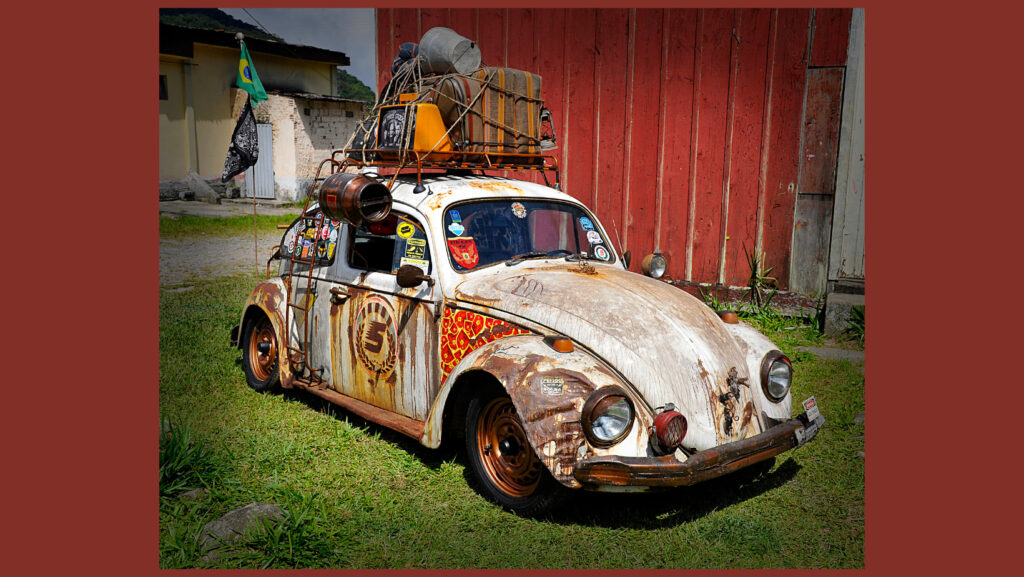In a nutshell, a plot-driven story is about the choices the character must make on their journey; Whereas a character-driven story digs deep into the reasons the character makes that particular choice.
Who or what drives your story? Your characters or your plot? Do you know? Is it important?
Character-driven vs plot-driven stories
Pretty much all action movies are plot-driven. But that doesn’t make every non-action movie necessarily character-driven. Neither is it true that a plot-driven film necessarily has weak characters.
For example, most people, including me, would categorize The Matrix as plot-driven. But why? The characters are so memorable!
Would you watch the characters without the plot?
In The Matrix, the story doesn’t work without the complexity of the plot. Or without the world. The story is the world as we know is an illusion, humans are batteries, and the masters of the world will stop at nothing to avoid humans finding out the truth.
Yes, the characters in the Matrix –both good guys and bad guys– are wonderfully textured. Neo, Morpheus, and Trinity are layered and interesting. Even Agent Smith, the primary antagonist, is an intriguing amalgamation of evil characteristics.
But what would happen if we were to throw those characters into a completely different world and plot and shake them up? Say, hmmm, what about something like Mystic Pizza?
Definitely not a match, would you agree? The characters would define “anachronistic,” even if few in Mystic would have chosen that word. And someone –probably three or four people– would call the cops in the first scene just because they didn’t belong there. The Matrix characters exist only within their plot world.
Or what about if those Matrix characters were to drop into something more recent, like Green Book. See how you can’t take the characters from their plot? That tells you which one drives the story.
Would you watch the plot without the characters?
On the other side of the equasion, could the Matrix plot work with different characters? Would you agree that in a sense it already has? The overall plot world remains the same for the sequels, but the character focus shifts.
For more examples of character-driven films, take a look at IMDb’s top 50. Some of them might surprise you.
Like Silence of the Lambs, which at first blush looks plot-driven. But is actually about Hannibal and Clarice. Or Psycho?
Yes, the driver is unclear in such well-known and classic films. Which does beg the question: does it matter? Who cares? After all, it’s not in the TV Guide blurb. Or even in the industry insider logline.
You’ve never read anything like:
This is a character-driven crime drama, which you might not recognize as character-driven because the compelling and thrilling plot involves a young FBI agent who must engage the help of an incarcerated serial killer to find a politician’s daughter who has been taken by another serial killer who skins his victims.
If you’ve studied those films (Psycho and Silence of the Lambs), think for a moment and consider whether the plot would survive as a classic film without the characters… Wouldn’t they both just land on a long list of unremarkable serial killer/slasher/horror films?
Hard to say. Both films were so well executed in every possible way.
Does it even matter?
Short answer: not a whit.
That isn’t to say you shouldn’t understand it, though.
Ask yourself when you’re writing your spec, “Do my characters drive the plot? Or does the story drive it more?” Knowing which to focus on will make every scene easier to craft. It’s useful to know while you’re planning or writing whether you need to concentrate on character arcs, or whether you should focus on the plot points.
And there’s also a massive collateral benefit to paying close attention to those things, during the planning and the writing stages. Both your plot and your characters will always improve if you just look at them from a different angle.
But be alert. If you want to concentrate on character (or plot), don’t make the mistake of ignoring the other. They are both important. You just want to make sure you know whose turn it is to drive today.
Look at your current WIP. And while you’re closely examining your characters, take a peek at my series on character development.
Most good films are a solid mix of both
The truth of the matter is twofold: 1. Most films fall somewhere along the axis of character or plot driver. And 2. So few people care that it’s surprising the topic is a high-level search item. High enough that we decided we needed to help answer the question.
Those who do pay close attention to the drivers’ emphasis are either the overly analytic OCD type, or those who feel a (likely well-deserved) conceited superiority, like a university professor intent on teaching theory. (You both know who you are, wink, wink). And not one of them is going to stand in the way of your fantastic story finding its way to the screen.
That’s how it looks from my side of the pond. Happy to hear other views


